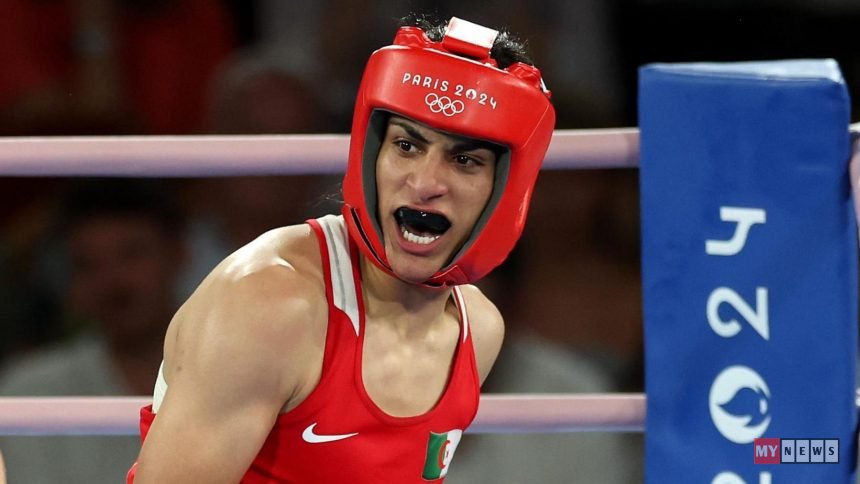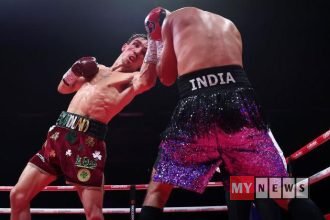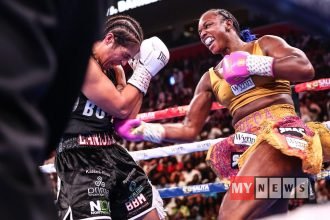World Boxing Apologises After Imane Khelif Named in Mandatory Sex Testing Policy
World Boxing has issued an apology after Olympic champion Imane Khelif was publicly named in the governing body’s announcement introducing mandatory sex testing for competitors. The new policy, released last week, initially singled out the Algerian boxer, stating she would not be permitted to compete in the female category until she underwent testing.
The decision sparked widespread attention, given Khelif’s standing as the women’s welterweight gold medallist at the Paris 2024 Olympics, and the controversy surrounding gender eligibility in the sport. World Boxing has since confirmed to My Newspaper Sport that its president, Boris van der Vorst, personally wrote to the Algerian Boxing Federation to apologise, acknowledging that “the athlete’s privacy should have been protected.”
Khelif, 26, has a history of navigating gender eligibility disputes in boxing. In 2023, she and Taiwanese fighter Lin Yu-ting were disqualified from the World Championships by the former governing body, the International Boxing Association (IBA), over alleged failures in gender eligibility tests. However, the International Olympic Committee (IOC) cleared Khelif to compete in Paris, emphasising that athletes whose passports listed them as female were eligible to participate in the women’s division.
The controversy resurfaced when World Boxing announced mandatory sex testing, set to begin next month. According to the federation, the new rules are intended “to ensure the safety of all participants and deliver a competitive level playing field for men and women.” The announcement specifically stated that Khelif would not be allowed to participate in the Eindhoven Box Cup or any other World Boxing event until she completed the test.
In a letter addressed to both Khelif and the Algerian Boxing Federation, World Boxing explained that these eligibility rules aim to safeguard athletes in combat sports, citing the “physical risks associated with Olympic-style boxing.” The letter further stated that should an athlete’s sex certification be contested, they would remain ineligible until any dispute is resolved.
World Boxing, which gained provisional recognition from the IOC as the sport’s international governing federation in February 2025, confirmed that the Algerian Boxing Federation joined the new body in September. While some media reports referenced the presence of XY chromosomes in Khelif to speculate about differences in sexual development (DSD), My Newspaper has not confirmed these claims. The IOC has clarified that this is “not a transgender case,” and Khelif has always competed in the women’s division.
The policy, still in its final stages of development, will require all athletes over the age of 18 to undergo a PCR genetic test to determine their sex at birth and confirm eligibility for competition. Officials maintain that the intention is to implement these measures in a safe, fair, and legally enforceable manner, but Khelif’s case has highlighted the sensitive nature of privacy and the importance of athlete protection.
Speaking on the matter, the IOC reiterated that eligibility criteria are determined by individual federations, with factors unique to each sport or event. World Boxing’s apology and subsequent clarification aim to strike a balance between safeguarding competition and respecting athletes’ privacy, ensuring that Khelif’s achievements and rights as an Olympic champion are not overshadowed by procedural disputes.
The situation continues to generate discussion within the boxing community and among sports governance observers, highlighting the challenges of regulating gender eligibility while maintaining fairness, safety, and respect for athletes at the highest level.












